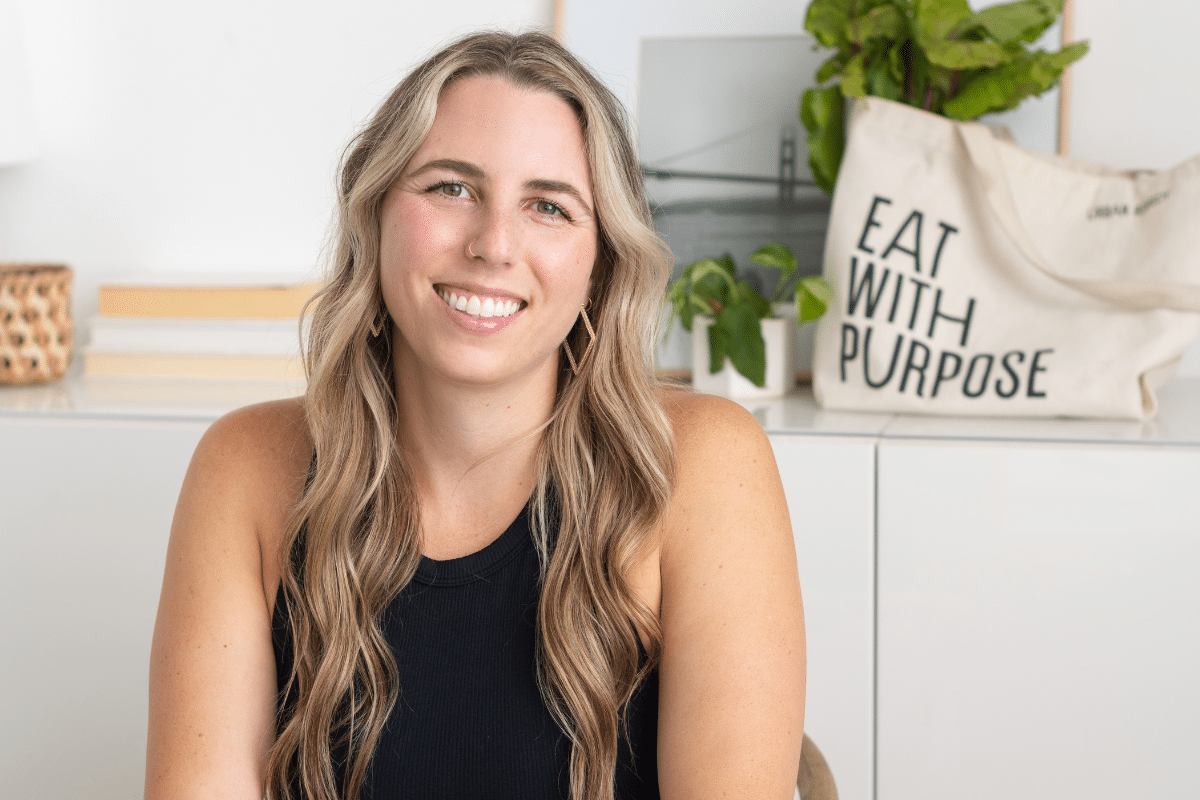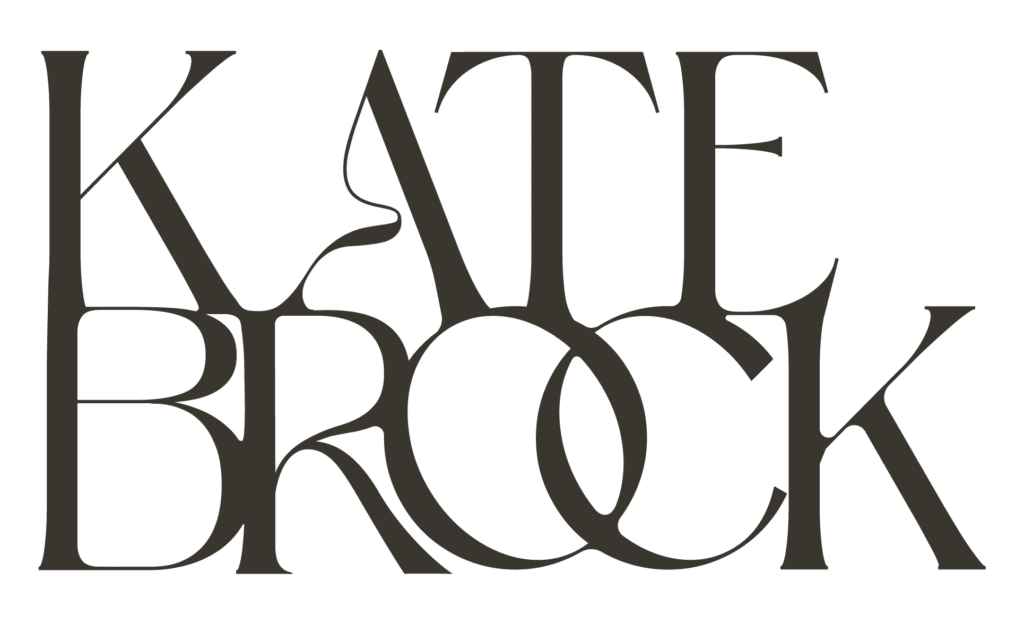Want to know if a nutritionist can help you with binge eating disorder? You’ve come to the right place for answers. If you’re suffering from binge eating disorder and unsure of where to turn, reaching out to a nutritionist could be the most important next step you take.
As a Certified Nutrition Specialist in Washington, DC, I specialize in working with individuals struggling with eating disorders. If you’re here, you might feel stuck in the binge-restrict cycle, swinging between dieting, avoiding certain foods, and then binging uncontrollably. Or perhaps you don’t restrict at all but find yourself compulsively bingeing, unable to stop overeating.
Either way, you are likely feeling out of control and are now ready to put a stop to your negative relationship with food and eating. You know you can’t conquer this challenge on your own. The bulk of my work is helping women heal from their disordered eating.
Read on to learn more about binge eating disorder and its root causes.
But before you do,I first want to remind you that you are not alone. There is professional support available to help you put a stop to binge eating once and for all.

What is Binge Eating Disorder?
While some people who struggle with binge eating disorder are in the binge-restrict cycle AKA their binging is caused by their restricting (more on that later), this is not the case for everyone. Binge eating disorder is defined as compulsive and chronic overeating.
Binge eating disorder can look like:
- regularly eating past the point of fullness
- eating compulsively instead of eating when you’re hungry
- eating large amounts of food over a short period of time
- being secretive about your eating habits
- hoarding or hiding food for later
- feeling shame and guilt after binge eating
- dieting (restricting) as an effort to control binging or counteract its side effects
Many, if not all, of these signs likely sound familiar to you. I know I don’t need to tell you the negative mental side effects of binge eating disorder. The obsessive thoughts and preoccupation with food, the anxiety when it comes to eating in social settings, the deeply felt shame…these are battles many of my clients used to fight on a regular basis.Less often considered are the physical side effects associated with binge eating disorder. With long-term binge eating, you’re more likely to suffer from…
- type 2 diabetes
- heart disease
- weight fluctuations
- hormone level fluctuations
- gastrointestinal issues
So if you’ve been going back and forth about seeking help from a professional, there really is no time like the present when it comes to recovering from binge eating disorder. Professional support is crucial for binge eating disorder because it provides the guidance, tools, and accountability needed for true recovery. This isn’t just about willpower—binge eating is complex, often rooted in emotional, psychological, and biological factors.
And if you’ve thought I just need to eat less. I just need to eat healthier. I’ll start tomorrow. Tomorrow I will not binge, only to repeat the binge eating behavior the next day…I know many people who have been there, which brings me to the inseparable relationship between restricting and binging.

Dieting Can’t Cure Binge Eating Disorder: How Restricting Leads to Binging
If you’re thinking a Nutritionist might help you cure binge eating disorder through portion control or a long list of “off limit” foods, it’s important to note that this sort of restricting is often what leads to binging, and what I choose to avoid in my practice.
Why is this? When you restrict – through dieting, denying your cravings, or ending a meal before reaching satisfaction – this actually tells your brain that you are starving.
In order to counteract this, your brain will try and get you to eat more through ramping up your appetite and so physically, you’ll experience even more intense cravings. Eventually, even the most disciplined dieter will likely give in, resulting in binge eating, feeling ashamed, and repeating the cycle.
You read that right – dieting makes you hungrier, which makes your body want more food (of course), which intensifies your hunger/cravings, which triggers binge eating episodes.
That’s why the cure to binging is never restricting. Instead, it’s essential to use an approach that considers not only what and how much you eat but what the root causes of your binging is, as well as your beliefs surrounding food, eating, and body image.

How a Nutritionist Can Help You with Binge Eating Disorder
Binge eating disorder can come not only from physical restriction, but also mental restriction or emotional eating.
Notice how you feel at the start of a binge eating episode. It’s likely at first, you feel exhilarated or happy to allow yourself to give in to your cravings. Your dopamine levels are rising.
In the same way so many of us compulsively reach for our phones and start scrolling, binge eating can distract, comfort, and soothe. Once the dust settles and you’re finished binging, those dopamine levels plummet, cueing the guilt and causing you to perhaps feel worse than before.
With all of this in mind, it’s no wonder it’d be difficult and overwhelming to try and recover from a binge eating disorder on your own.
Though a therapist might be your first idea for getting help to heal from binge eating disorder (& I highly recommend this!), nutritionists often work with those suffering from eating disorders in partnership with therapists.
Nutritionists are uniquely able to combine their knowledge of nutrition and the physical body with therapeutic techniques and the knowledge of the effects of eating habits on overall well-being.

How I Help My Clients
I am both a Certified Nutrition Specialist and Licensed Dietitian-Nutritionist whose specialty is Eating Disorder Nutrition Therapy. I provide 1:1 nutritional coaching to teens and adults who are motivated to begin healing from their disordered eating.
Here at Kate Brock Nutrition, I’m never going to tell you to control your portions or prescribe you a “Foods to Avoid” list. I’m here to listen without judgment and work together so that you can live and eat without guilt or anxiety.
Together, we’ll work on…
- Intuitive eating – learn hunger and fullness cues and shift from just eating, to nourishing.
- Heal your relationship with food, eating, and body image – no more food rules, guilt, or shame.
- Breaking the binge-restrict cycle – say goodbye to diet culture, for good.
- Addressing emotional triggers – prevent binge eating through identifying emotional triggers and stressors.
Read more about what I do here, and in the meantime…

Begin Your Binge Eating Disorder Healing Journey: Some Tips for What You Can Do Today
You don’t have to wait until your first meeting with a nutritionist to start your healing journey.
Here are some steps you can take on your own to give yourself a strong foundation to build on once you start working 1:1 with someone.
- Journaling: Journaling the details surrounding your binge eating episodes might not be easy, but it is incredibly helpful to identify patterns and allow you to understand your triggers. Awareness is always the first step!
- Affirmations: Practice self-compassion by replacing the harsh critic inside you post-binge with some kind words. It might feel silly at first, but try writing down something positive about yourself on a sticky note and reciting it whenever you’re feeling guilty.
- Reach out for support: If this blog encourages even one person to get help for their binge eating disorder, I’ll have done my job.
Remember, you don’t have to go through this alone. If you are ready to take action and heal from binge eating disorder, let’s have a conversation. You can book a complimentary consultation call with me here.
Read these next:
How to Verify Insurance Benefits for Nutrition Counseling (Aetna & Cigna)
Understanding Hunger Cues: How Intuitive Eating Can Transform Your Relationship with Food



